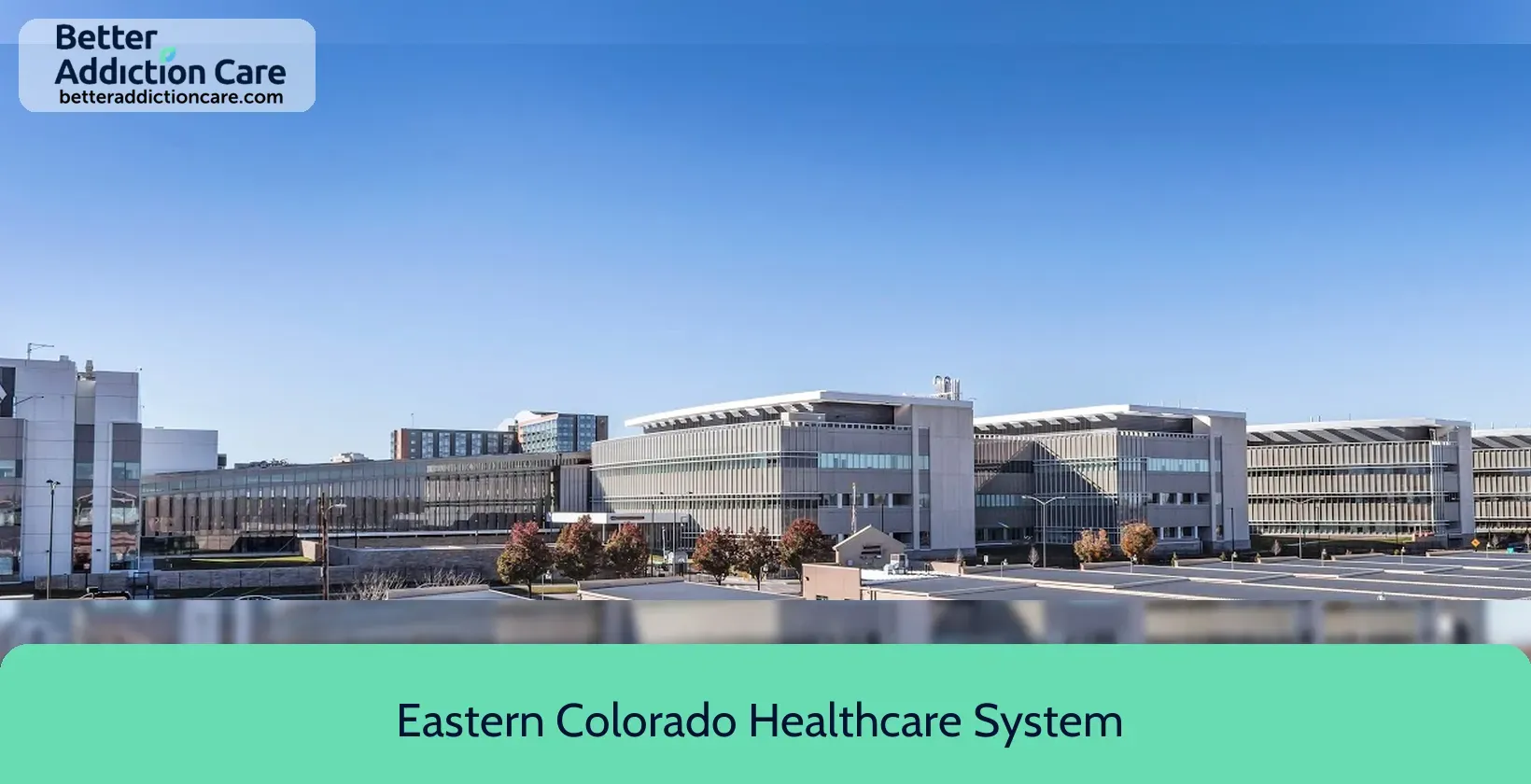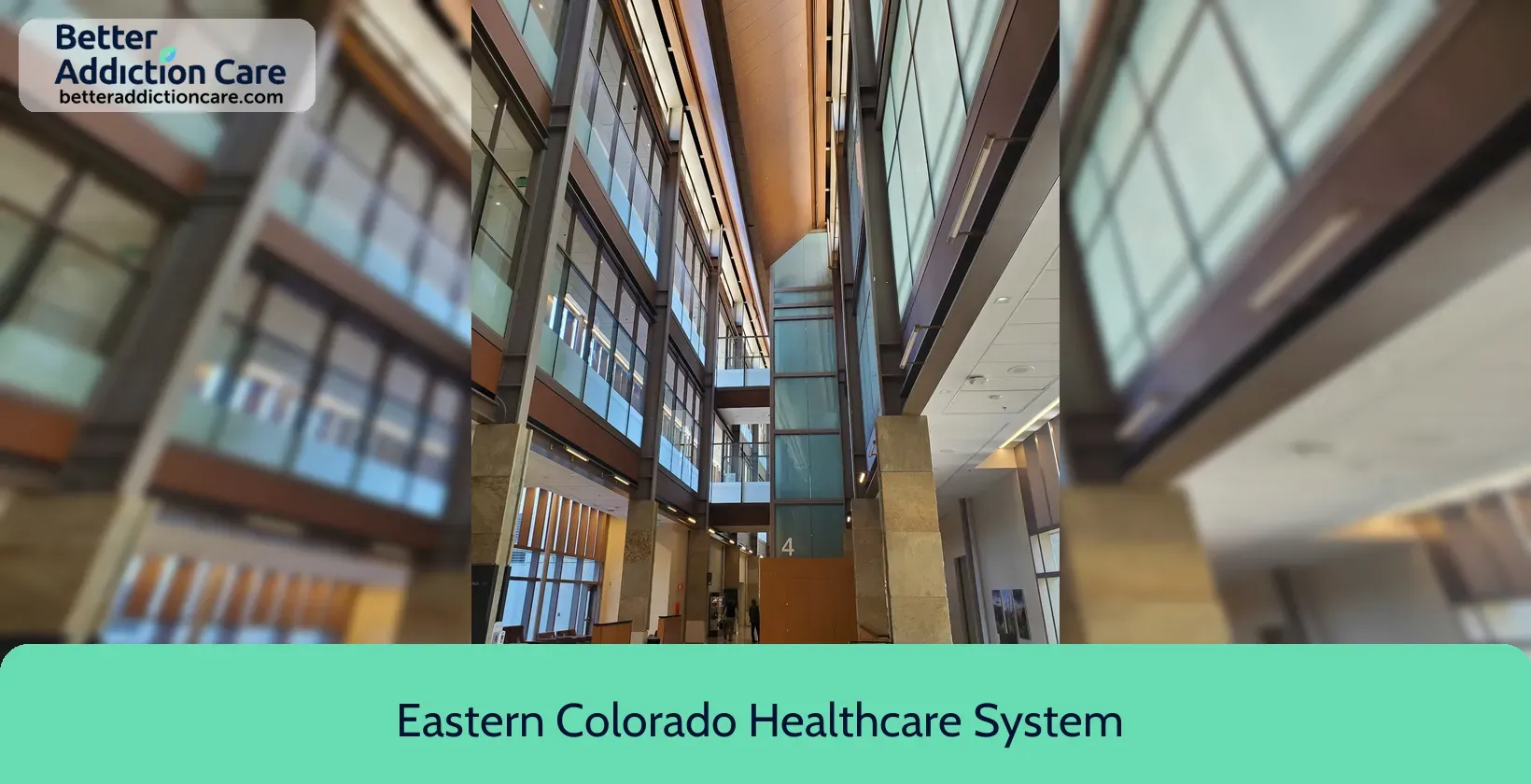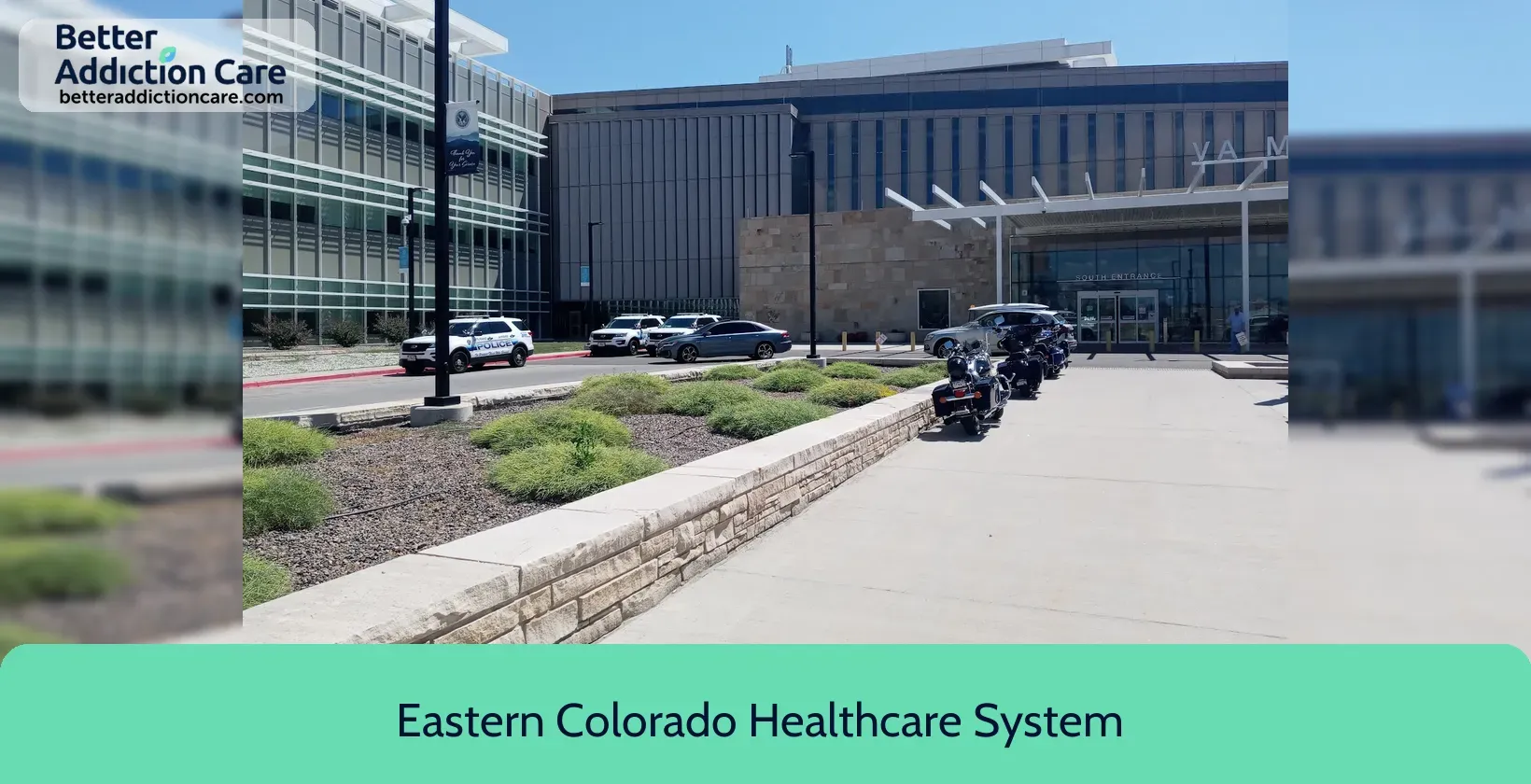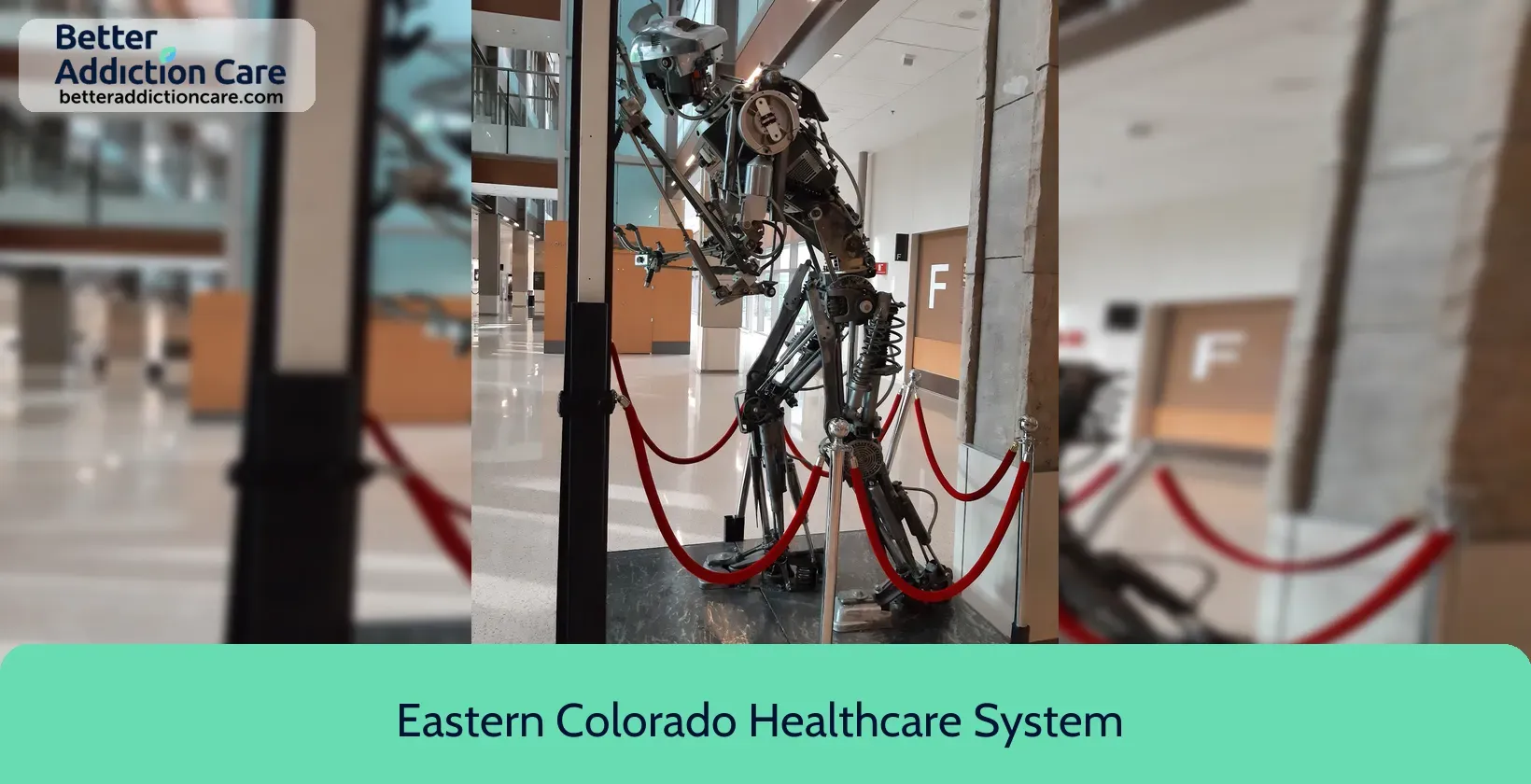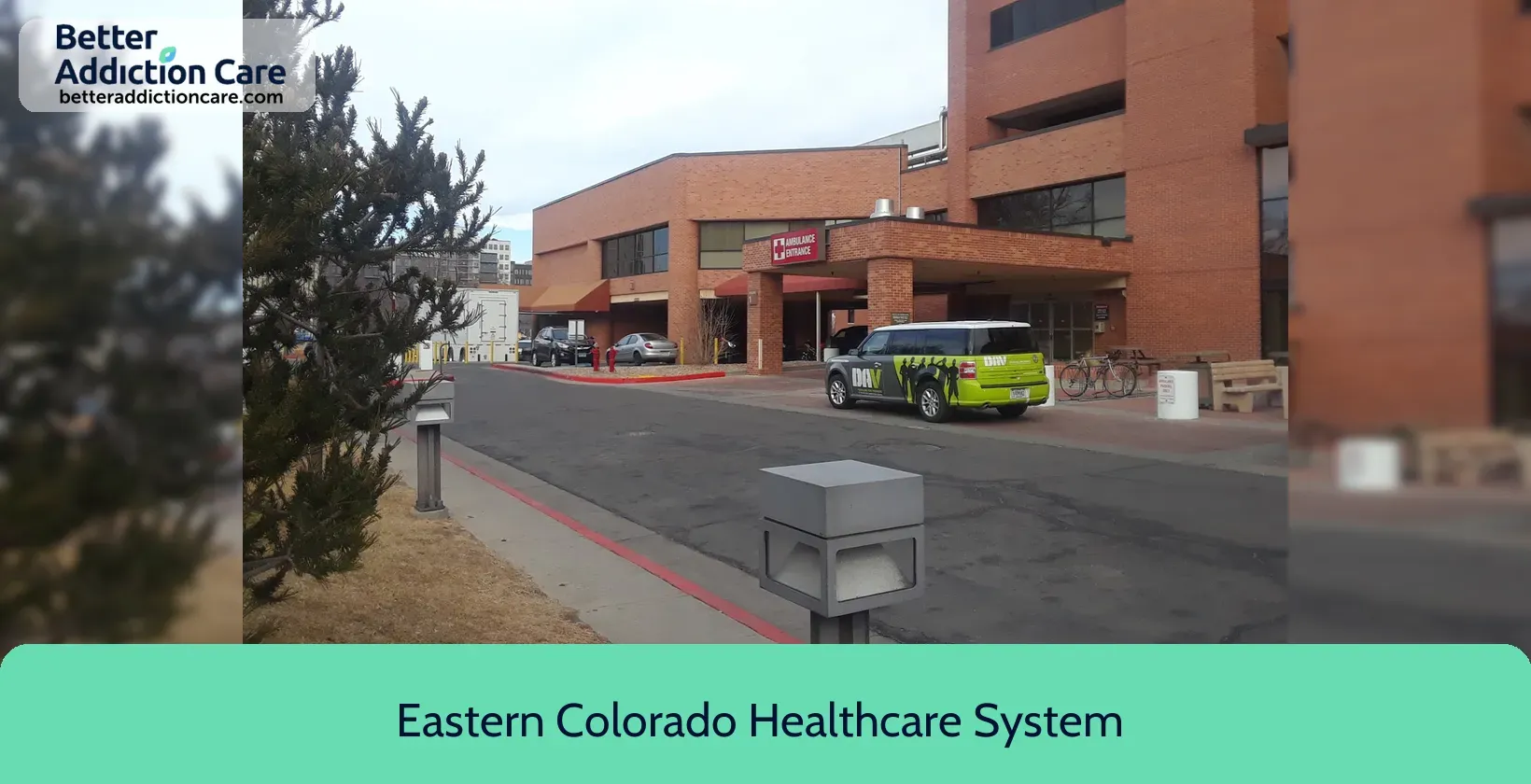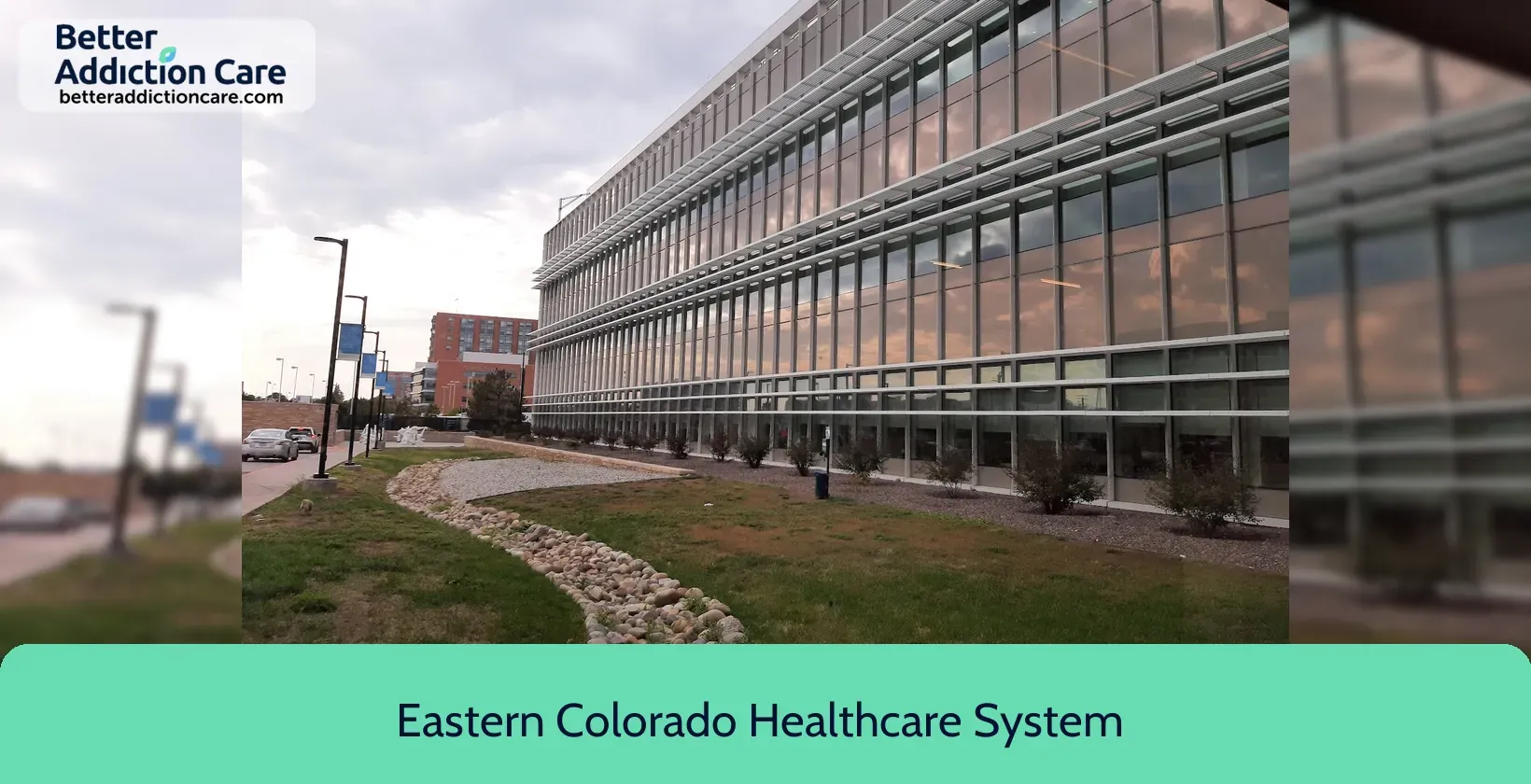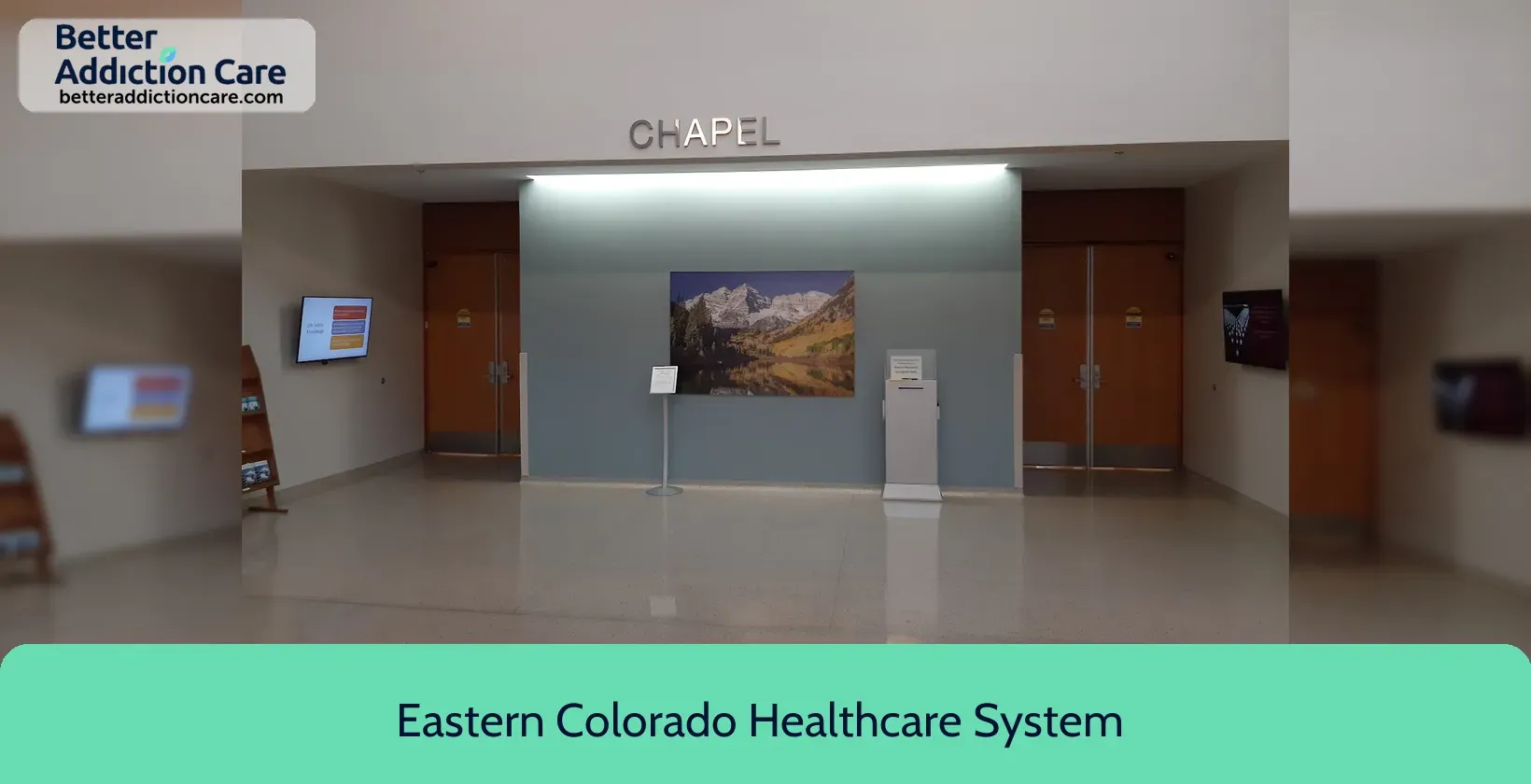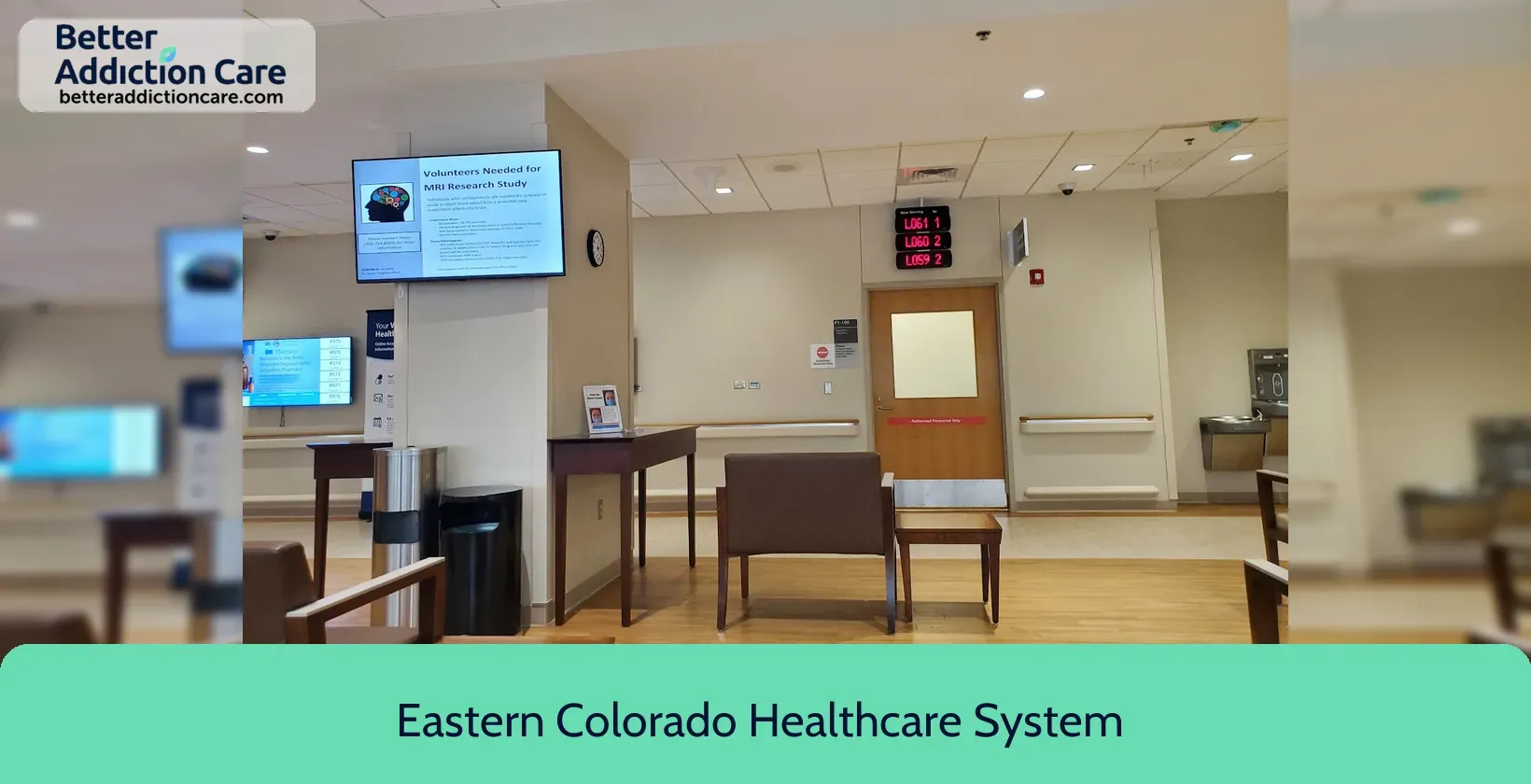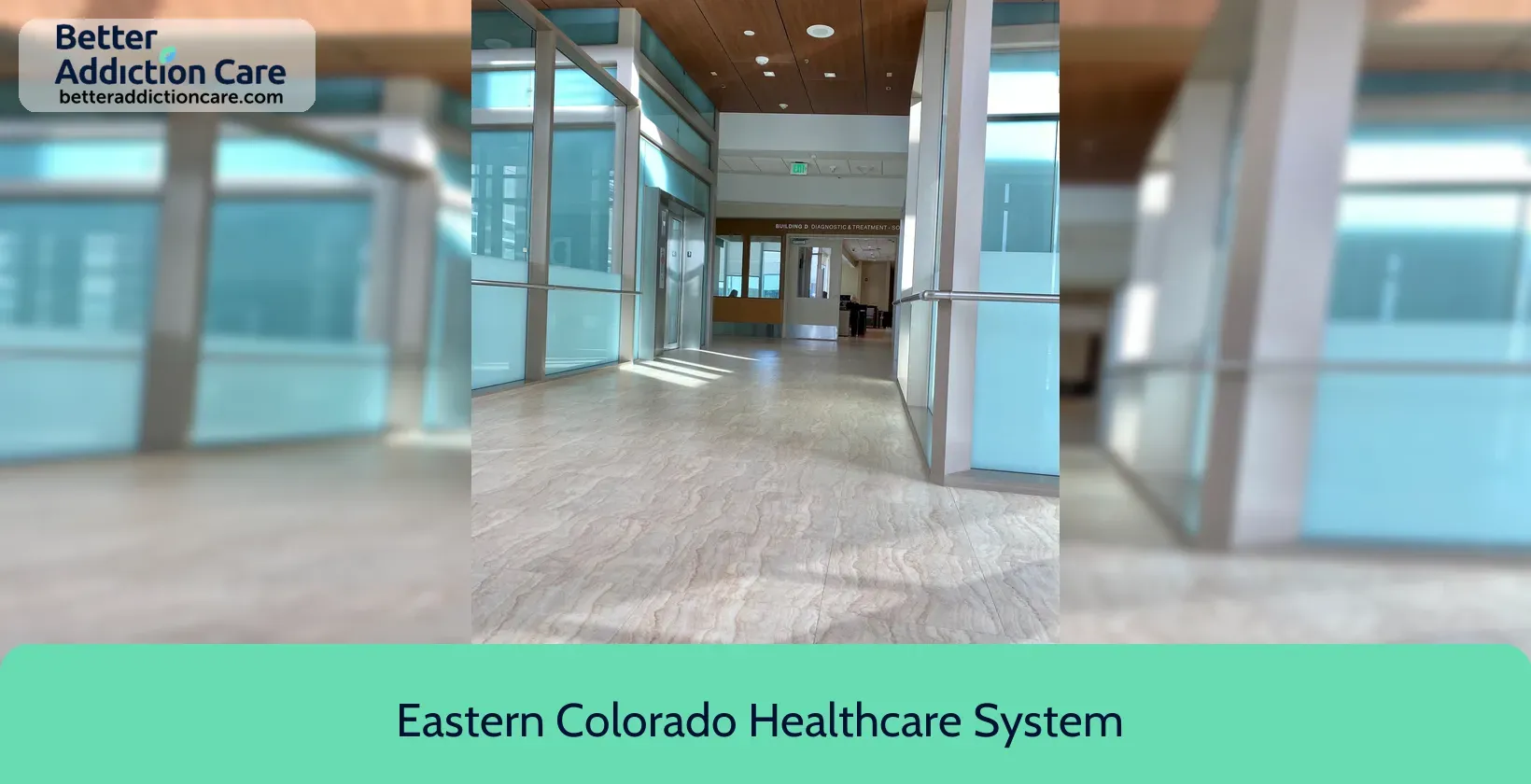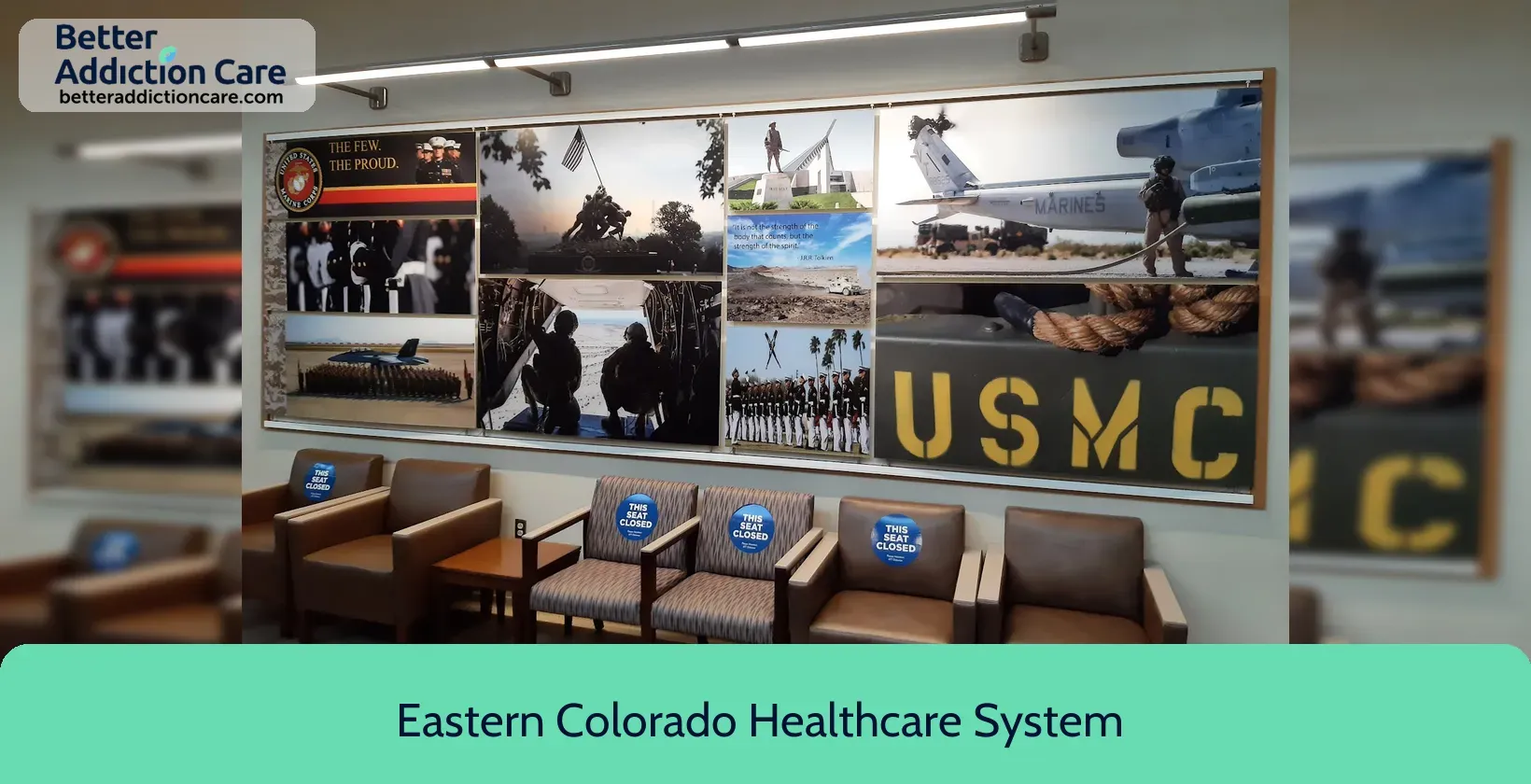Eastern Colorado Healthcare System - Rocky Mountain Regional VAMC
Overview
Eastern Colorado Healthcare System - Rocky Mountain Regional VAMC is a substance abuse treatment center for people seeking treatment near Adams County. As part of their treatment modalities for recovery, Eastern Colorado Healthcare System - Rocky Mountain Regional VAMC provides individual psychotherapy, group counseling, and family counseling during treatment. Eastern Colorado Healthcare System - Rocky Mountain Regional VAMC is located in Aurora, Colorado, accepting cash or self-payment for treatment.
Eastern Colorado Healthcare System - Rocky Mountain Regional VAMC at a Glance
Payment Options
- Cash or self-payment
- State-financed health insurance plan other than Medicaid
- Federal military insurance (e.g., TRICARE)
- Private health insurance
- Federal, or any government funding for substance use treatment programs
Assessments
- Comprehensive mental health assessment
- Comprehensive substance use assessment
- Screening for tobacco use
- Interim services for clients
- Screening for mental disorders
Age Groups
- Young adults
- Adults
- Seniors
Ancillary Services
- Case management service
- Mental health services
Highlights About Eastern Colorado Healthcare System - Rocky Mountain Regional VAMC
7.83/10
With an overall rating of 7.83/10, this facility has following balanced range of services. Alcohol Rehabilitation: 8.00/10, Drug Rehab and Detox: 8.46/10, Insurance and Payments: 6.67/10, Treatment Options: 8.18/10.-
Drug Rehab and Detox 8.46
-
Treatment Options 8.18
-
Alcohol Rehabilitation 8.00
-
Insurance and Payments 6.67
Accreditations
The Joint Commission:

The Joint Commission accreditation for addiction and behavioral health is a prestigious recognition signifying a facility's commitment to delivering high-quality care and safety for individuals dealing with substance abuse and mental health issues. It involves rigorous evaluations and assessments, ensuring patients receive evidence-based treatment and exceptional care. This accreditation demonstrates a facility's dedication to continuous improvement and ethical practices, building trust among patients and healthcare professionals seeking top-tier addiction and behavioral health services.
SAMHSA certification for opioid treatment program (OTP):
SAMHSA's Opioid Treatment Programs (OTP) Accreditation is a rigorous recognition process, signaling an OTP's commitment to high-quality care for those with opioid use disorders. It assures patients, families, and the community that the program adheres to evidence-based practices, maintains a safe environment, and employs qualified staff. This accreditation represents a commitment to addressing the opioid epidemic and promoting recovery, symbolizing quality and accountability in opioid addiction treatment.
Commission on Accreditation of Rehabilitation Facilities (CARF):

CARF accreditation is a globally recognized certification for rehabilitation and human service organizations. It signifies that an organization meets high-quality standards and is committed to providing top-level care. Achieving CARF accreditation involves a rigorous evaluation process, including on-site surveys. This accreditation enhances an organization's reputation, instills trust in clients and funders, and encourages ongoing excellence in the field.
Treatment At Eastern Colorado Healthcare System - Rocky Mountain Regional VAMC
Treatment Conditions
- Mental health treatment
- Alcoholism
- Opioid Addiction
- Substance use treatment
- Co-occurring Disorders
Care Levels
- Partial Hospitalization Program
- Intensive outpatient treatment
- Detoxification
- Aftercare
- Outpatient
Treatment Modalities
- Individual psychotherapy
- Group counseling
- Family counseling
- Marital/couples counseling
- Life Skills
Ancillary Services
Languages
- Sign language services for the deaf and hard of hearing
Additional Services
- Pharmacotherapies administered during treatment
- Mentoring/peer support
- Breathalyzer or blood alcohol testing
Special Programs
- Clients with HIV or AIDS
- Active duty military
- Clients who have experienced trauma
- Persons with post-traumatic stress disorder (PTSD)
- Veterans
Get Help Now
Common Questions About Eastern Colorado Healthcare System - Rocky Mountain Regional VAMC
Contact Information
Other Facilities in Aurora

6.68

6.65

6.68

7.42

6.86
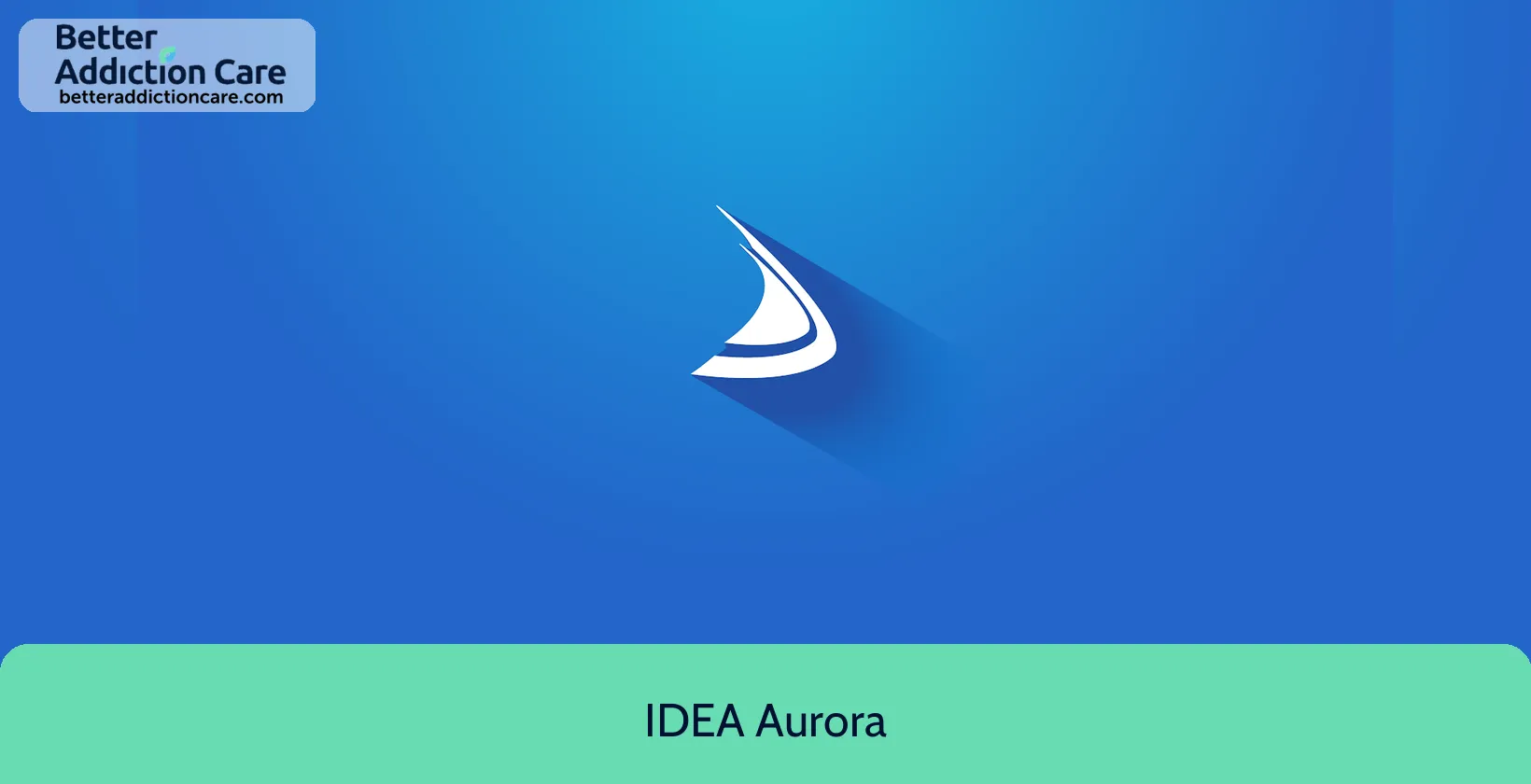
6.99
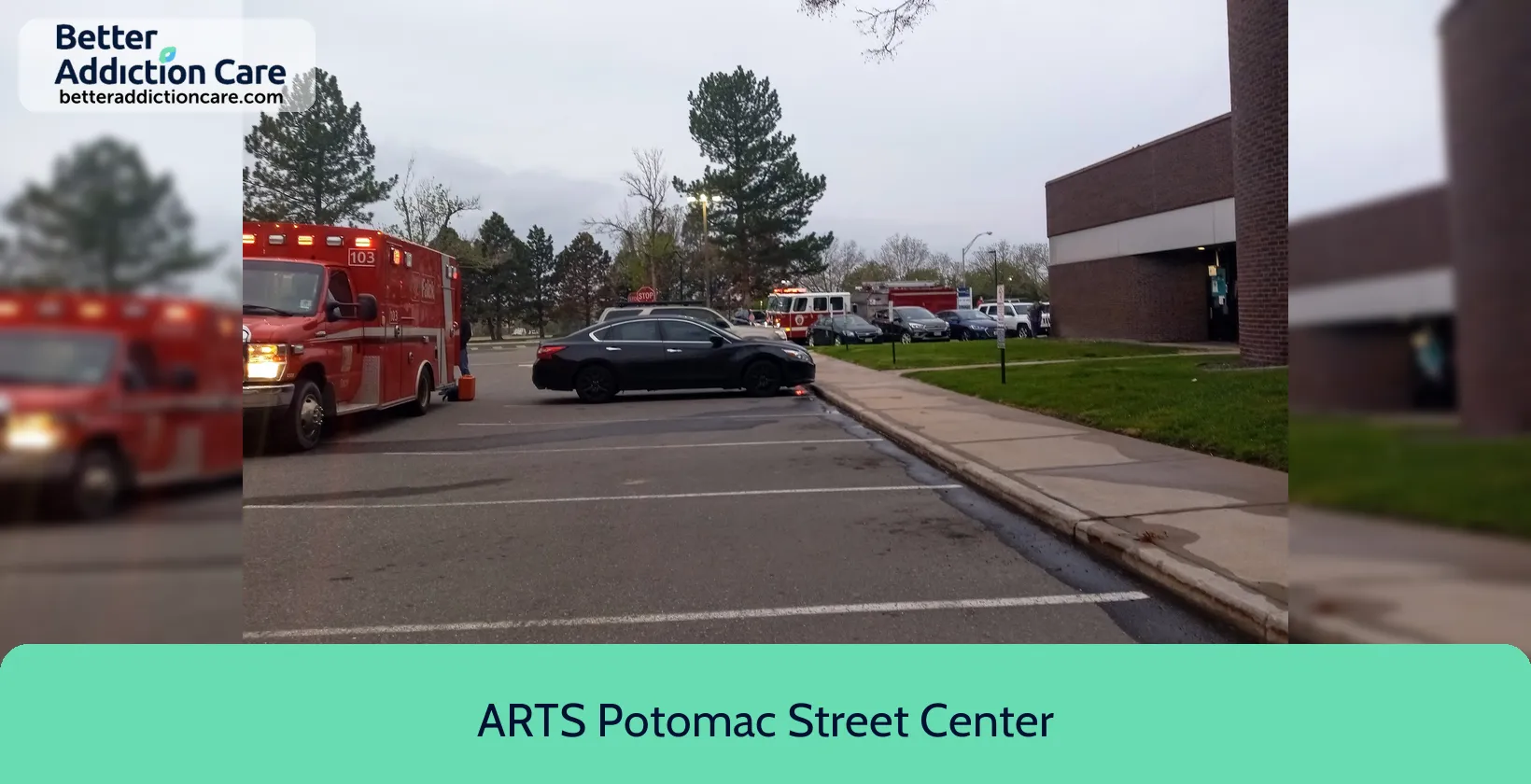
7.51
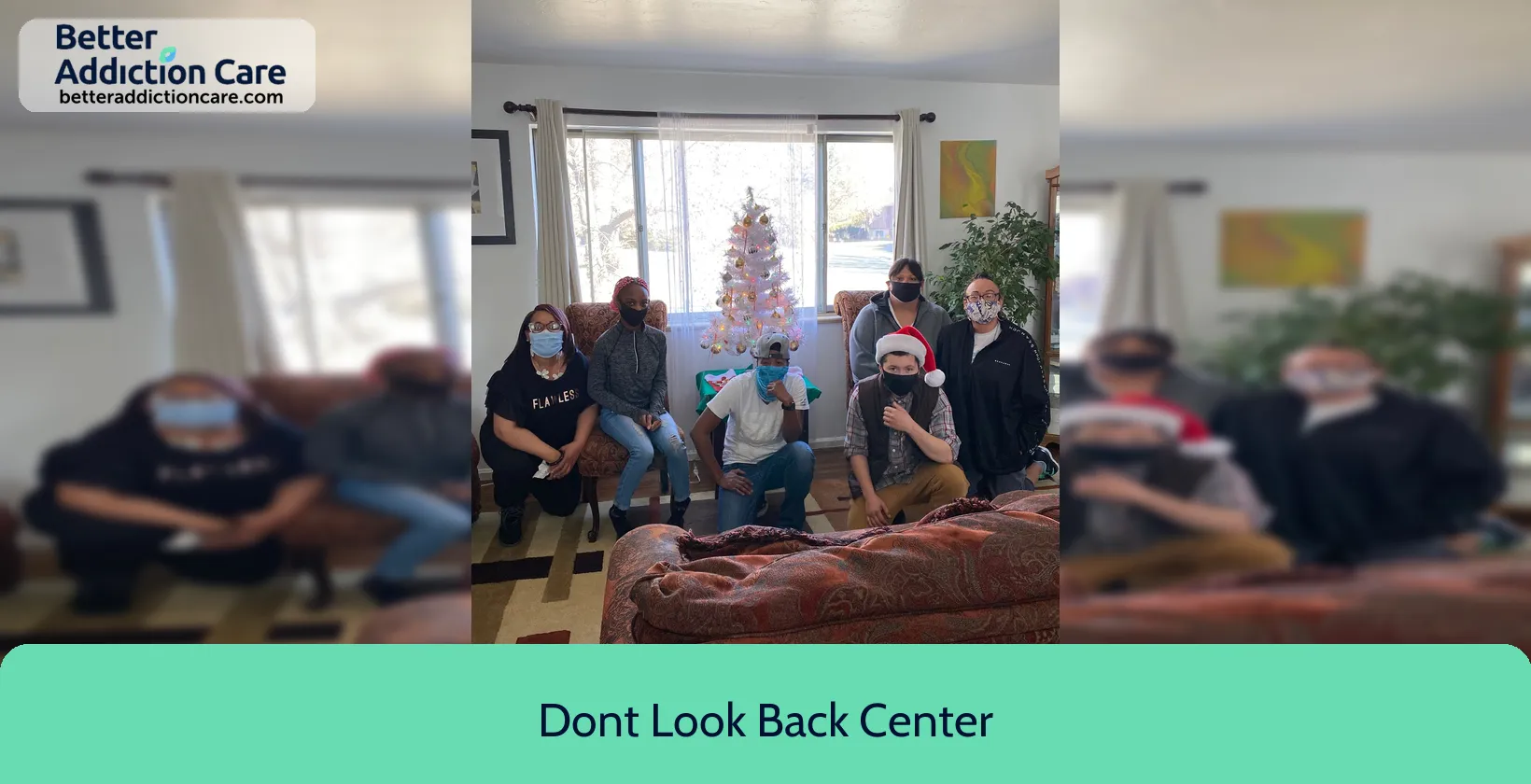
6.96
DISCLAIMER: The facility name, logo and brand are the property and registered trademarks of Dont Look Back Center, and are being used for identification and informational purposes only. Use of these names, logos and brands shall not imply endorsement. BetterAddictionCare.com is not affiliated with or sponsored by Dont Look Back Center.
